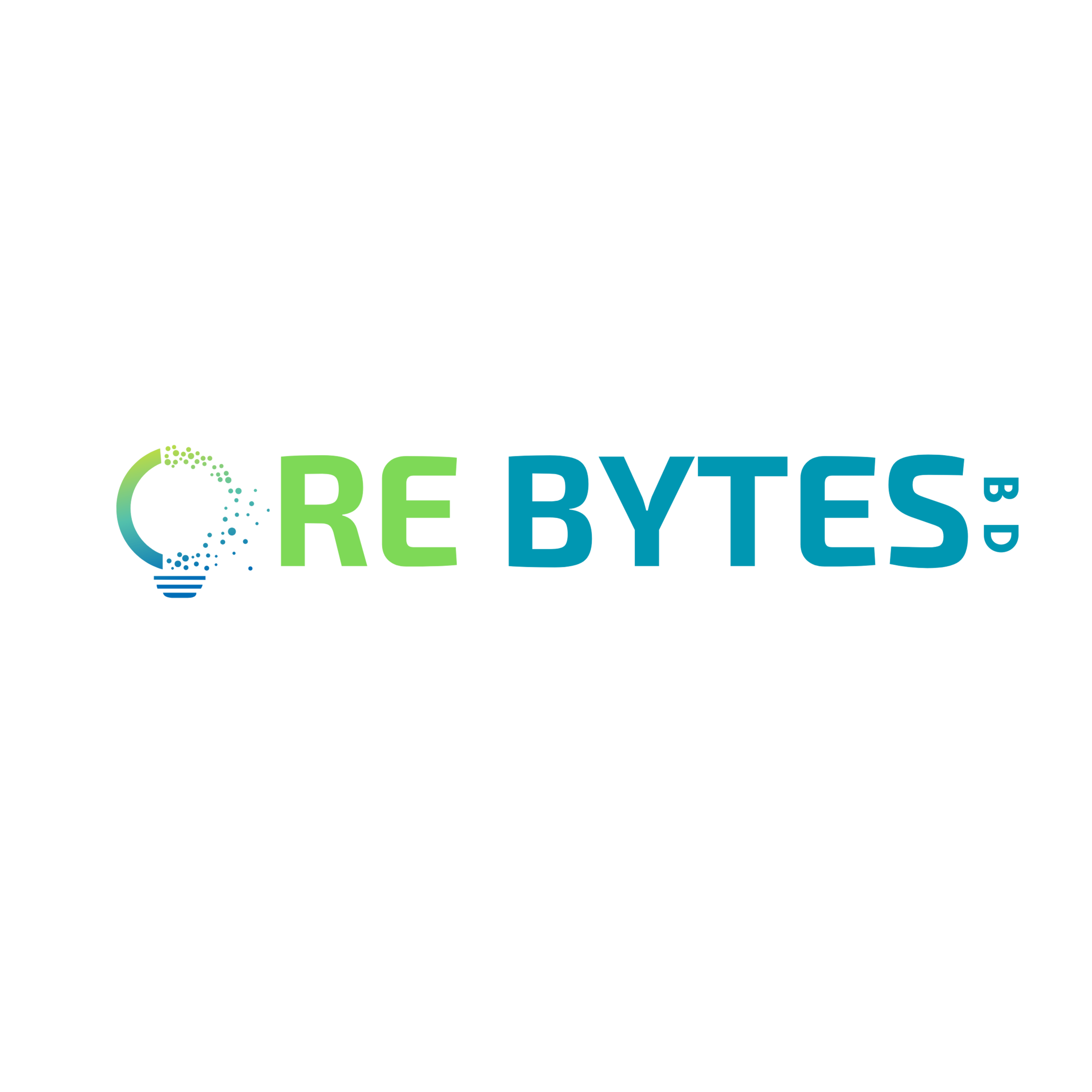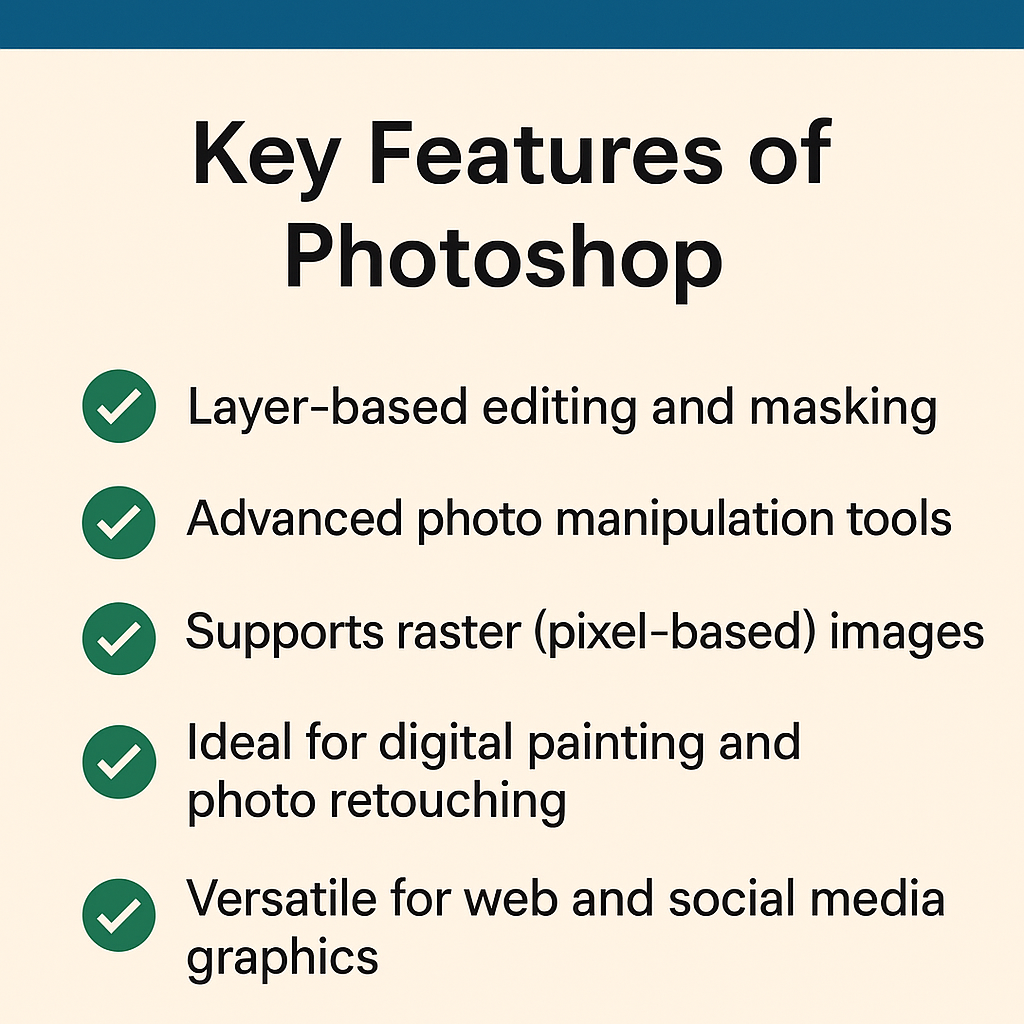The Battle Over AI Copyright and Fair Use
OpenAI is making a bold move, urging Donald Trump’s upcoming AI Action Plan—set to be released in July—to declare AI training as fair use. This decision could have a massive impact on the AI industry, potentially granting AI companies unrestricted access to copyrighted data for training purposes. OpenAI argues that such access is essential for maintaining the United States’ leadership in AI and keeping pace with China’s rapidly advancing AI sector.
However, the legal landscape is far from settled. Courts are actively debating whether AI training on copyrighted materials falls under fair use. Many rights holders argue that AI models, trained on their content, directly threaten their creative industries by replicating and replacing human-driven output.
The Stakes Are High
Recent legal rulings have cast doubt on OpenAI’s stance. In a significant case, a judge ruled against AI training, siding with Thomson Reuters’ Westlaw, determining that AI-generated outputs could replace traditional legal research services. This sets a precedent that could impact OpenAI’s legal battle against The New York Times and other rights holders.
Meanwhile, OpenAI warns that China is making swift progress in AI development with fewer restrictions on training data. The company argues that if the U.S. imposes strict regulations, Chinese AI firms could gain a competitive edge, ultimately jeopardizing America’s dominance in AI innovation.
What OpenAI Wants
To secure its future, OpenAI is advocating for:
- Federal legal protection against restrictive state laws (over 832 AI-related laws have been introduced in 2025 alone!)
- A “freedom to learn” approach that prioritizes AI advancement over copyright limitations
- A public-private partnership, where AI companies share knowledge in exchange for legal relief
- Rejection of EU-style AI regulations, which OpenAI claims hinder innovation
The Bigger Picture
The outcome of this debate could reshape the global AI industry. OpenAI insists that unrestricted AI training is vital for maintaining U.S. competitiveness, urging the government to take a leadership role in global AI policy.
The big question remains: Should AI training be considered fair use, or do content creators deserve stronger protections?




